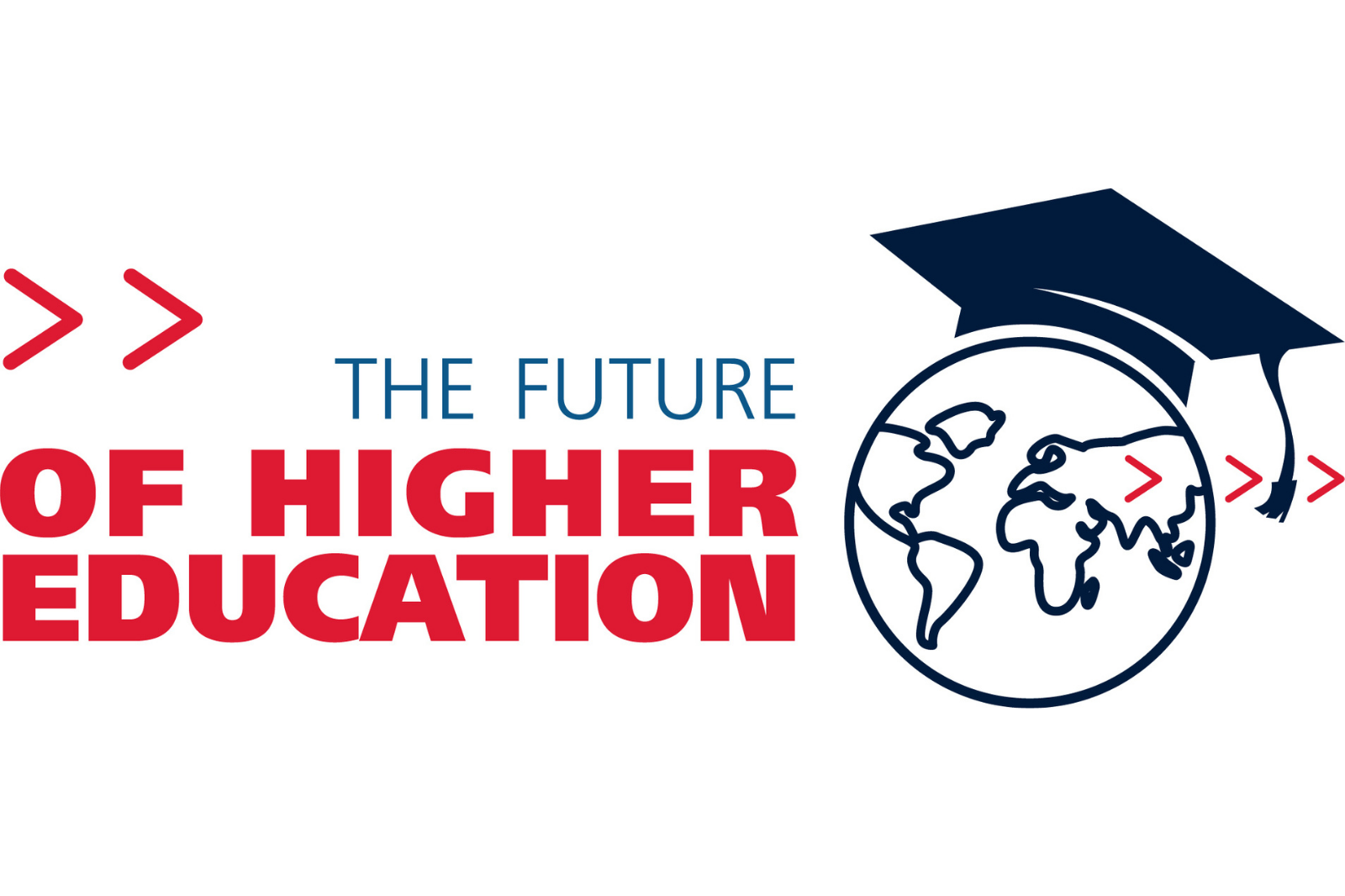
Dear Commons Community,
University Business had an article recently entitled, “Five ways higher education will forever change due to the pandemic” It focuses on several long-held processes and traditions that may be left behind in the post-pandemic era. Here is an excerpt.
The 2020-21 academic year was a major adjustment from the norm for students of all ages, from elementary to high school to college. Going into this school year, even more change is afoot, as well as tweaks to the original adjustments that were necessary due to the pandemic.
Many of these changes will likely never be reversed. Here are five of the permanent changes that some say we can expect to see in higher education long after COVID has left the headlines, if not society.
- Testing will remain optional
While many colleges and universities intended for this policy to be temporary during the pandemic, the prediction is that this will become permanent. Why? For one, Brandon Busteed, Chief Partnership Officer and Global Head of Learn-Work Innovation at Kaplan, noted in Forbes, it goes to the issue of diversity, equity and inclusion—eliminating standardized testing increases the probability that the student population will be more diverse.
- Online and hybrid learning will continue
One of the oldest challenges in higher education has been ever-increasing tuition costs. With universities already having been forced into shifting many classes online, points out author and Nature magazine correspondent Alexandra Witze, there’s a very real possibility of fewer international students absorbing the expense of attending in person in the future. While online classes do not optimize the college experience for students—“Zoom university isn’t proper online learning,” said Sanjay Sarma, MIT’s vice-president for open learning, who emphasizes that learning must be a two-way endeavor—the fact that it had to happen at all and is continuing indicates that it isn’t going away.
- Mastery of education technology
After the initial shock of being thrown into online learning by students and online instruction by teachers wore off, universal acceptance of technology as a permanent part of higher education became necessary. Over the past year and a half, it has evolved, and it will continue to do so—and mastery of learning management systems (Blackboard, Brightspace, Google Education and others) and distance learning software (Zoom, Adobe Connect, Teams, et al) became mandatory. Professional development going forward will include mastery of new technology by both faculty and students as it is developed and released in order to optimize efficiency and performance.
- Value will have to be demonstrated
Colleges and universities will have to be more reflective about the value they offer in exchange for ever-rising tuition costs and whether families will be willing to pay for that perceived value, particularly with so much of the experience being online. By extension, predicts Adam Weinberg, President of Denison University in Granville, Ohio, in USA Today, going forward, both parents and students will want to know how successful the university is at launching graduates into prosperous careers—in other words, Weinberg says, the questions will become harder and the “tires kicked more” before commitments to attend are made.
- Elite colleges and universities will no longer be considered the gold standard
Poor records of admitting minorities and poor students and a lack of commitment to growing enrollments in non-traditional ways are expected to cause many universities once considered the crème de la crème of higher learning to be pushed further down the list of most-coveted to attend. Instead, public flagships and up-and-coming private schools that are more innovative, cost-effective, and student- and employer-centric will be more attractive, Busteed predicts. In Washington Monthly‘s 2021 college rankings, 17 of the top 30 schools were public. Also, in 2021, Harvard, Columbia, Princeton, MIT, Yale and Brown were among many prestigious institutions whose enrollment rates dropped sharply from the previous two years.
I think the article provides several provocative predictions. Tomorrow (Thursday), I will be on a panel at the virtual ACCELERATE conference sponsored by the Online Learning Consortium entitled, “Research On The Blended University: Past, Present and Future!” It will touch on several of the predictions raised by the above. If you are attending the conference, our presentation is at 11:15 am and I am sure that my colleagues, Patsy Moskal, Tanya Joostens, and Chuck Dziuban, and I would love to connect.
Tony


